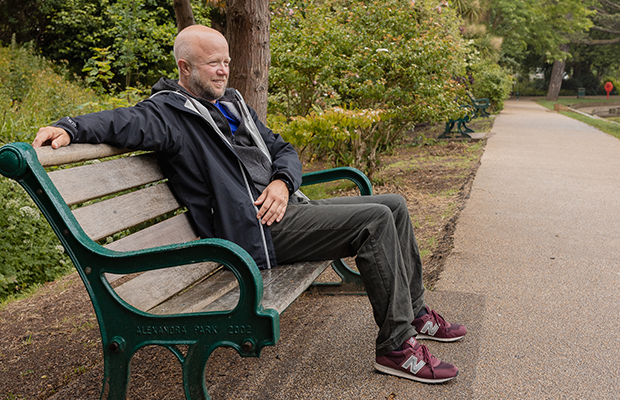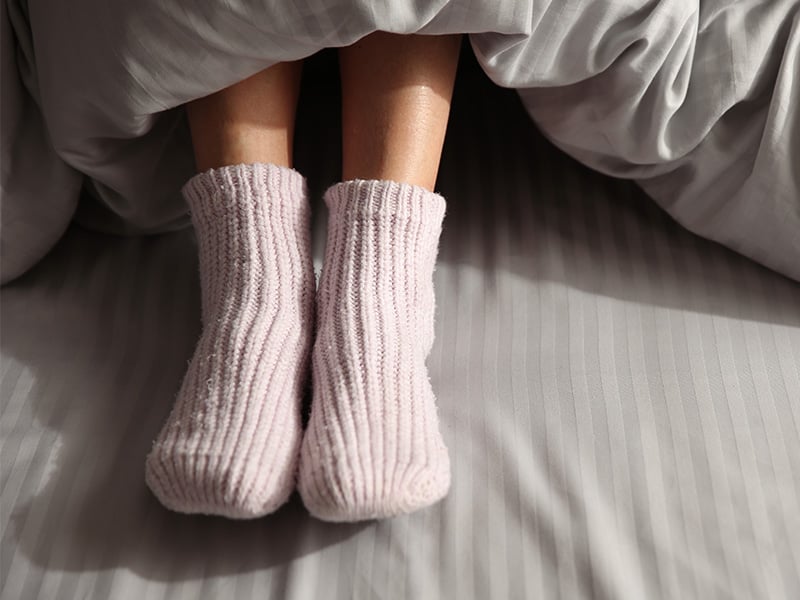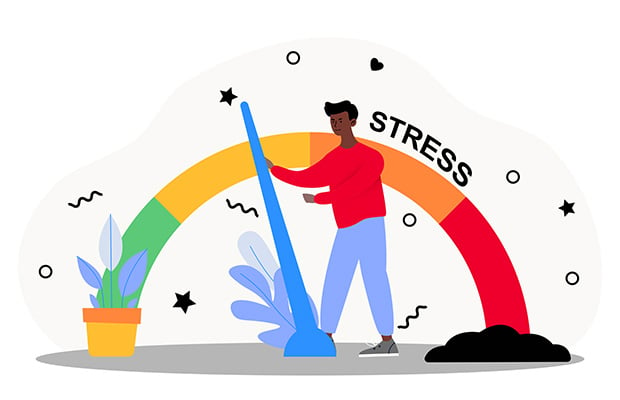Up to 500,000 people in the UK are thought to be transgender (trans), meaning their gender identity is different from the biological sex that’s assigned to them at birth.
For Gary Rolfe, 59, who was born female, this is the case. “When I was a young child growing up in Hong Kong, I presumed that I was male, and used the boys’ toilets and wore swimming trunks, and was allowed to do that. Then I remember getting older and being told I can’t do that anymore.
Dealing with stigma and exclusion
Gary moved to London in his 20s, living as, he says, “for want of a better term, a butch lesbian”, but received a lot of abuse there. “I remember people singing very offensive songs to me on the bus, and I was always being thrown out of the women’s toilets. It was traumatic.”
When Gary learnt about the option of medically transitioning, in his 30s, he thought: “Oh no, please don’t let that be possible.” He’d seen the abuse people who were trans received, and he was already estranged from his family. He felt that if he transitioned, he could lose his job as a social worker, partner, friends, and lose his place in the gay community.
Want to get fit and healthy?
Sign up to our fortnightly Heart Matters newsletter to receive healthy recipes, new activity ideas, and expert tips for managing your health. Joining is free and takes two minutes.
I’d like to sign up
Gary’s transitioning journey
After a long and difficult journey, Gary transitioned medically at the age of 49. When he got his first testosterone injection, he felt overwhelmed with relief.
For a trans person, hormone treatment makes it possible for you to live
Gary says: “For a trans person the hormone treatment makes it possible for you to live, because you can’t live otherwise. Nobody would choose to be trans, and it doesn’t feel like a choice to take hormones.”
Heart problems after transitioning
Three years after beginning testosterone injections as he transitioned, Gary began feeling pain in his arm when he was walking up a hill near his home in Hastings. He put it down to indigestion, so he didn’t worry too much.
Gradually it got worse over two years, and Gary had an angiogram. It showed that the arteries supplying blood to his heart were almost completely blocked. “I was 52 and really healthy. I did have some family history of heart problems, so that might be a factor. But there didn’t seem to be any answers about why it happened to me, or whether testosterone had an impact – although when I asked one doctor about it, he said: ‘What do you expect when you take testosterone?’”
There didn't seem to be any answers about why it happened to me
Unfortunately, Gary’s experience reflects the lack of research and understanding around transitioning and heart health.
Facing anxiety after bypass surgery
In 2014 Gary had a triple bypass. When he was home he started having anxiety attacks, always just as he was about to go to sleep, and went to A&E a couple of times. “My GP was amazing, he’d speak to me on the phone and reassure me ‘you’ve had a massive trauma’, and he taught me some techniques for anxiety.” Gary found it very helpful to write down his worries and his symptoms and to remember that “actually this is probably just anxiety”. “It kind of took away the jumbled up, anxious stuff going on in my head. It just ordered it a little bit better.”
It gave me something positive to focus on
Building up fitness

During his recovery, Gary tried to exercise every day and gradually build up his fitness. “There was the Hastings seafront to walk up, but there was a lot of distance between the benches and I felt vulnerable as there were a lot more people and cyclists. So, I walked in Alexandra Park, walking from one bench to the next, and then getting a coffee at the end. It was so good because it gave me something to focus on, something positive. It started to build up my return to normal life.”
Supporting transgender people
Gary now runs support groups for transgender people in his community and is working to help trans people get better healthcare.
Gary says, “Trans people are just people, like everybody else, and have health issues like everybody else, and they deserve to have good health care, like everybody else.”
What to read next...







